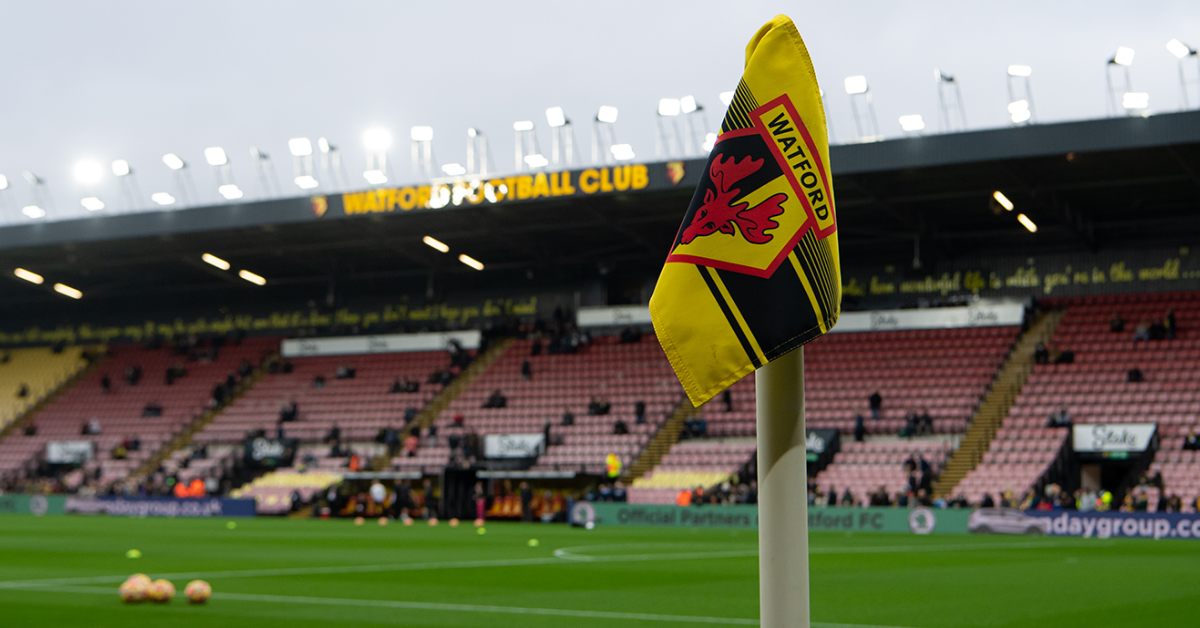Newton’s Third Law of Motion, which states that every action has an equal and opposite reaction, finds a curious application in the world of football transfers. Take, for instance, the recent £30 million move of Kiernan Dewsbury-Hall to Chelsea. From a purely footballing perspective, this transfer might seem unnecessary, given Chelsea’s existing depth in the No.8 role with players like Conor Gallagher and Roméo Lavia capable of filling that position effectively. However, in the realm of financial dynamics governed by this law, every significant transfer prompts a corresponding reaction.
/cdn.vox-cdn.com/uploads/chorus_image/image/73436462/1953440996.0.jpg)
In this case, the reaction manifests as young midfielder Michael Golding heading the opposite direction, from Chelsea to another club. What makes this transaction particularly noteworthy is its simplicity: no intricate buy-back clauses or sell-on agreements complicate the deal. It’s a straightforward transfer involving a promising 19-year-old talent who has been part of Chelsea’s Academy since he was under 12 years old back in 2018. Golding’s journey to the senior team saw him make his debut in a brief appearance against Preston North End during the FA Cup third round last season.
The financial implications of such transactions often extend beyond the immediate transfer fee. While Dewsbury-Hall’s move to Chelsea commands a hefty sum, reportedly £30 million, the subsequent transfer of Golding represents an integral part of maintaining financial equilibrium. Even though the monetary values exchanged between the clubs may differ, the overall impact on their balance sheets tends to balance out, adhering loosely to the principles of financial fair play.
This transaction underscores the intricate dance clubs perform to comply with the financial constraints imposed by governing bodies. The decision not to include buy-back options or sell-on clauses in Golding’s transfer highlights a calculated risk: Chelsea relinquishes a promising talent in exchange for maintaining a stable financial footing after a significant investment in Dewsbury-Hall.
Furthermore, the ripple effects of such transfers can influence squad dynamics and strategic planning. While Dewsbury-Hall’s arrival may add depth to Chelsea’s midfield, the departure of Golding signals a strategic realignment in player development and resource allocation within the club. For Chelsea, nurturing young talents like Golding remains pivotal, even as they make room for high-profile acquisitions that bolster their competitive edge in domestic and European competitions.
#LCFC closing in on deal to sign #CFC academy midfielder Michael Golding. Will be straight fee (no sell-on or buy-back clauses included). More here: https://t.co/5dRZGufnLW
— Simon Johnson (@SJohnsonSport) June 30, 2024
In conclusion, Newton’s Third Law finds an unlikely parallel in the world of football transfers, where every transfer action triggers a corresponding reaction. The £30 million transfer of Kiernan Dewsbury-Hall to Chelsea exemplifies this principle, prompting the transfer of Michael Golding in return. Beyond the immediate financial transactions, these moves reflect clubs’ strategic maneuvers to balance sporting ambitions with financial prudence in an ever-evolving landscape of football economics.










